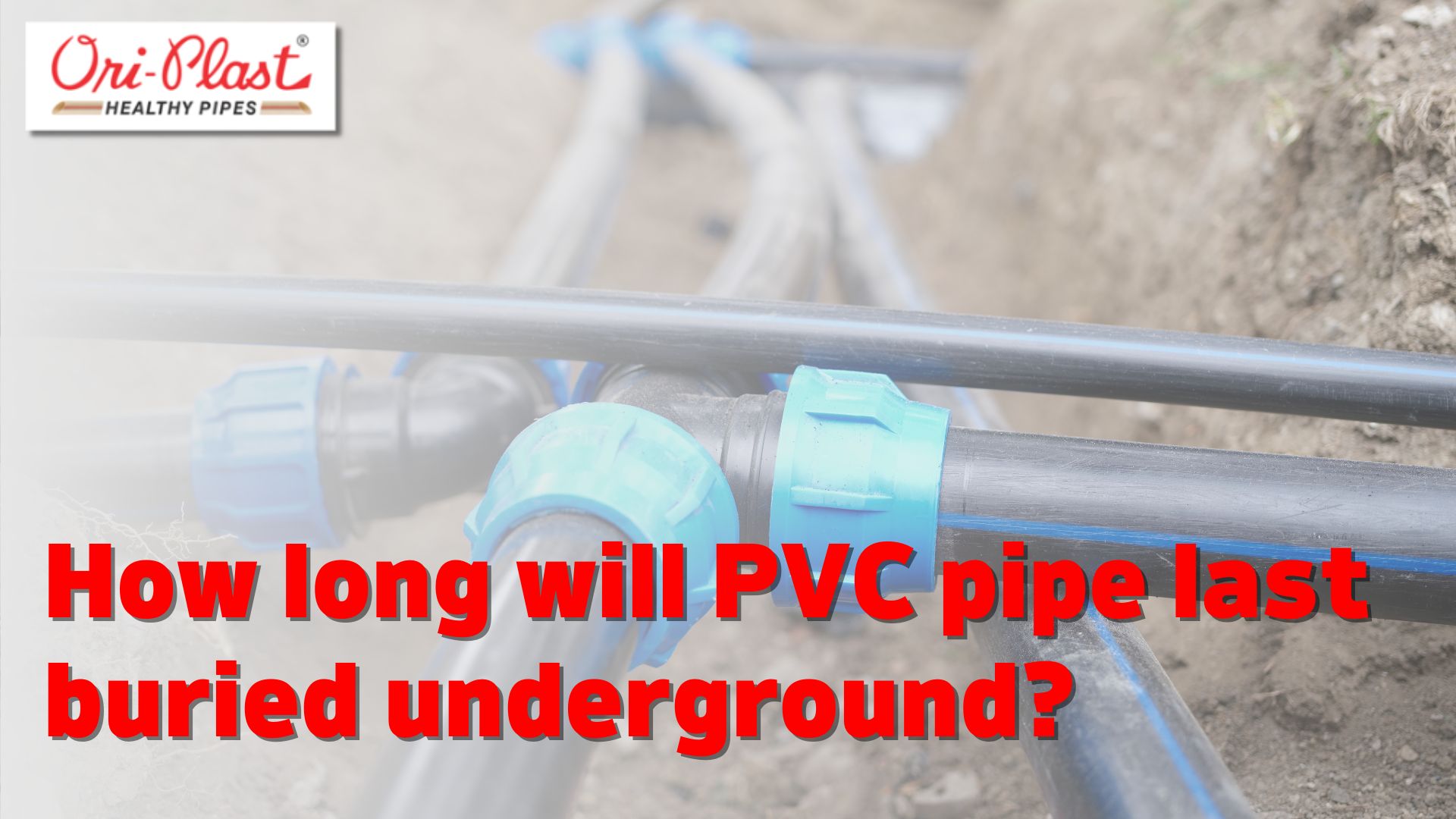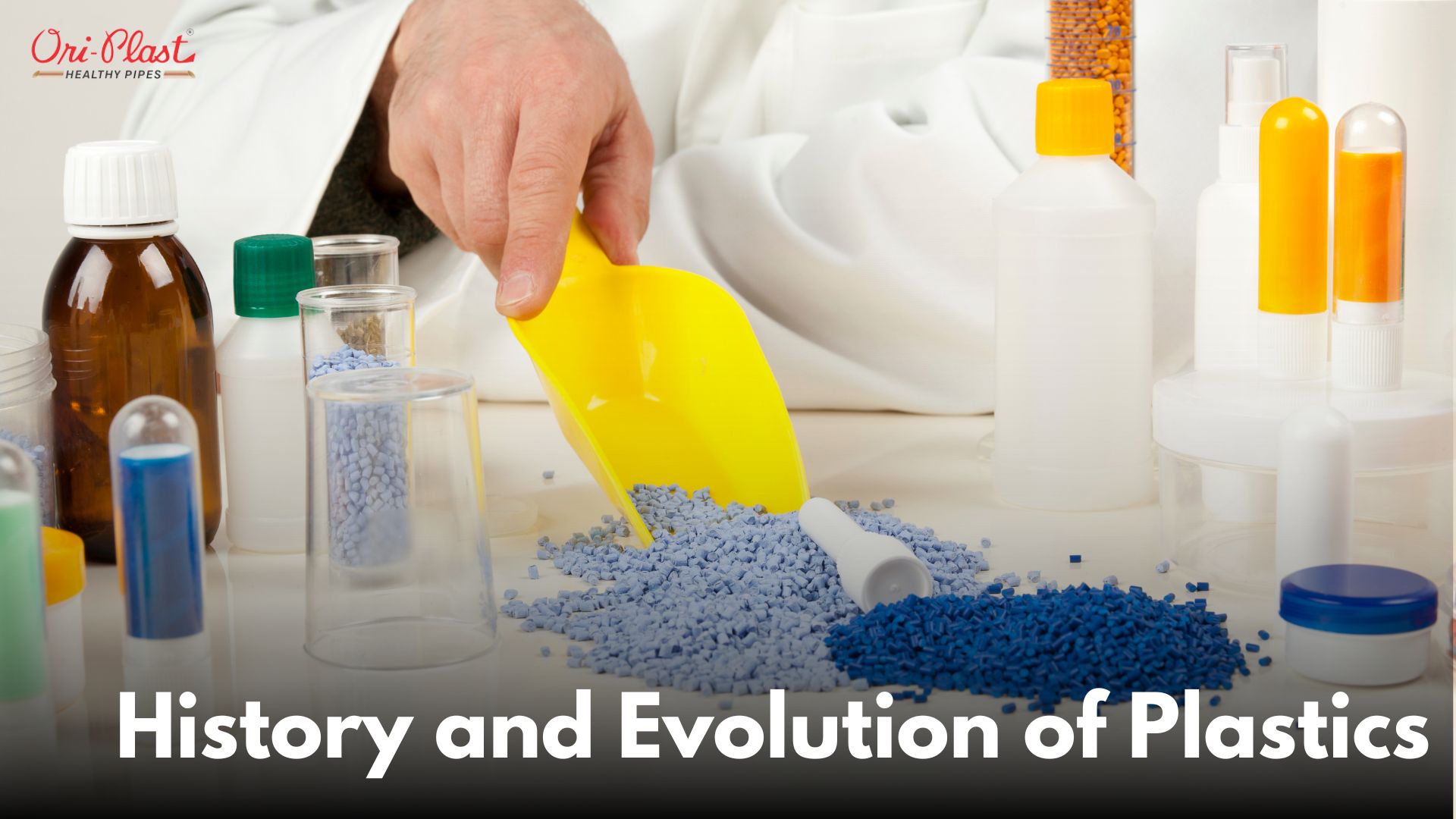The Good News: A Century of Service (and Beyond)
In ideal conditions, PVC pipes can boast an impressive lifespan of over 100 years. This is thanks to their inherent properties:- Corrosion-resistant: PVC doesn't rust or corrode, unlike metals, even in harsh soil conditions.
- Lightweight and strong: PVC's flexibility makes it resistant to cracking under pressure, while its lightweight simplifies installation.
- Chemically inert: PVC is unaffected by most chemicals found in soil and water, further extending its life.
Factors that Impact Longevity:
While 100 years is the gold standard, several factors can affect how long your PVC pipes hold up:- Soil conditions: Acidic or highly alkaline soils can degrade PVC over time. Proper bedding and pH testing can mitigate this risk.
- Installation quality: Improper installation, including loose joints or insufficient depth, can compromise the pipe's integrity.
- External stresses: Pressure from heavy loads or ground movement can shorten lifespan. Careful planning and protective measures are crucial.
- Pipe type and grade: Different PVC types and grades have varying levels of durability. Choose pipes rated for buried underground use.
Maximising Your Pipe's Life:
Here are some tips to ensure your PVC pipes reach their full potential:- Choose the right pipe for the job: Consult with a plumber or building professional to select the appropriate type and grade of PVC for your specific needs.
- Install correctly: Follow the manufacturer's instructions and building codes for proper installation techniques.
- Protect against external damage: Avoid placing heavy objects on top of buried pipes and consider using protective sleeves in high-traffic areas.
- Regular inspections: Periodically check for leaks, cracks, or other signs of damage. Early detection and repair can extend the pipe's life.




